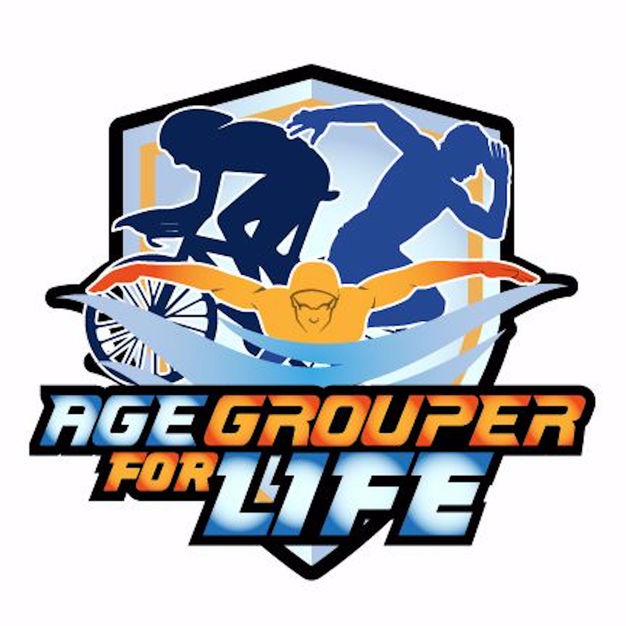AGFL Triathlon Episode 114: Danny Royce, TopGunz Athlete, Daddy Donuts
In this latest episode, we have the privilege of interviewing TopGunz athlete, Danny Royce… Call Sign: Daddy Donuts! Danny and his wonderful wife Brittany have two daughters, Sloane and Chandler plus a Cavalier King Charles Spaniel named Bear. He got into triathlon because it filled a void left by the end of his college swimming career. Turns out he loved the suffering, couldn't get enough, and now enjoys the challenge of squeezing all of his training in without compromising his roles as the best husband and father possible, as well as fulfilling his demanding job as a lawyer.
Danny has competed in over 17 Ironmans and has qualified for Hawaii two times. We discuss his training regiment, career highlights, and his journey in triathlon which started in 2008! As always, thanks for listening and thanks for joining us Danny! Congrats on a great performance in Chattanooga over the weekend!
You can follow Danny via his Instagram handle: ironroycer81
---
Show Notes:
Introductions and background @ 0:00
The hosts, Colin Cook and Elliot Kawaoka, introduce their guest Daniel Royce, an experienced age-group triathlete who has completed over 18 Ironman races. Daniel shares his background, including growing up in Virginia and New York, swimming competitively from a young age, and finding triathlon after college as a way to fill the competitive void.
Reflections on high-volume swim training @ 1:30
Daniel describes the intense swim training regimens he experienced as a youth swimmer, including "Hell Week" where he would swim 20,000 yards per day for 5 days straight. He reflects on how that type of high-volume, high-intensity training, while formative, was likely excessive for young athletes and didn't always translate well to the demands of triathlon.
Current swim training approach @ 11:36
Daniel explains how he has adapted his swim training for triathlon, now only swimming 3-4 times per week for 10-12,000 yards total. He focuses on maintaining feel for the water and race-pace swimming, rather than high-intensity intervals, as this allows him to be fresh for the bike and run.
Bike training and racing strategy @ 29:14
Daniel discusses his approach to bike training and racing. He started out as a weak cyclist but has built up his cycling fitness over the years, now riding 6-7 days per week, mostly indoors on a TT bike. He emphasizes the importance of consistency and building an aerobic base over high-intensity intervals.
Reliance on heart rate vs. power @ 37:15
Daniel shares how he has shifted his focus to training and racing primarily by heart rate, rather than power, as this allows him to better manage his effort and pacing, especially in variable conditions. He provides examples of how heart rate has helped him avoid blowing up on the run.
Overcoming mental challenges in the sport @ 49:55
Daniel opens up about the mental health struggles he has faced in triathlon, including a low point where he walked off the course during a race. He credits working with a sports psychologist and adopting a daily gratitude practice as key to rediscovering the joy in the sport and finding a healthier, more sustainable approach.
Recap and looking ahead @ 58:37
The hosts and Daniel wrap up the discussion, with Daniel expressing excitement for his upcoming race at Chattanooga. The group emphasizes the value of transparency and sharing both the highs and lows of one's athletic journey.
20 May 2024, 6:03 pm
